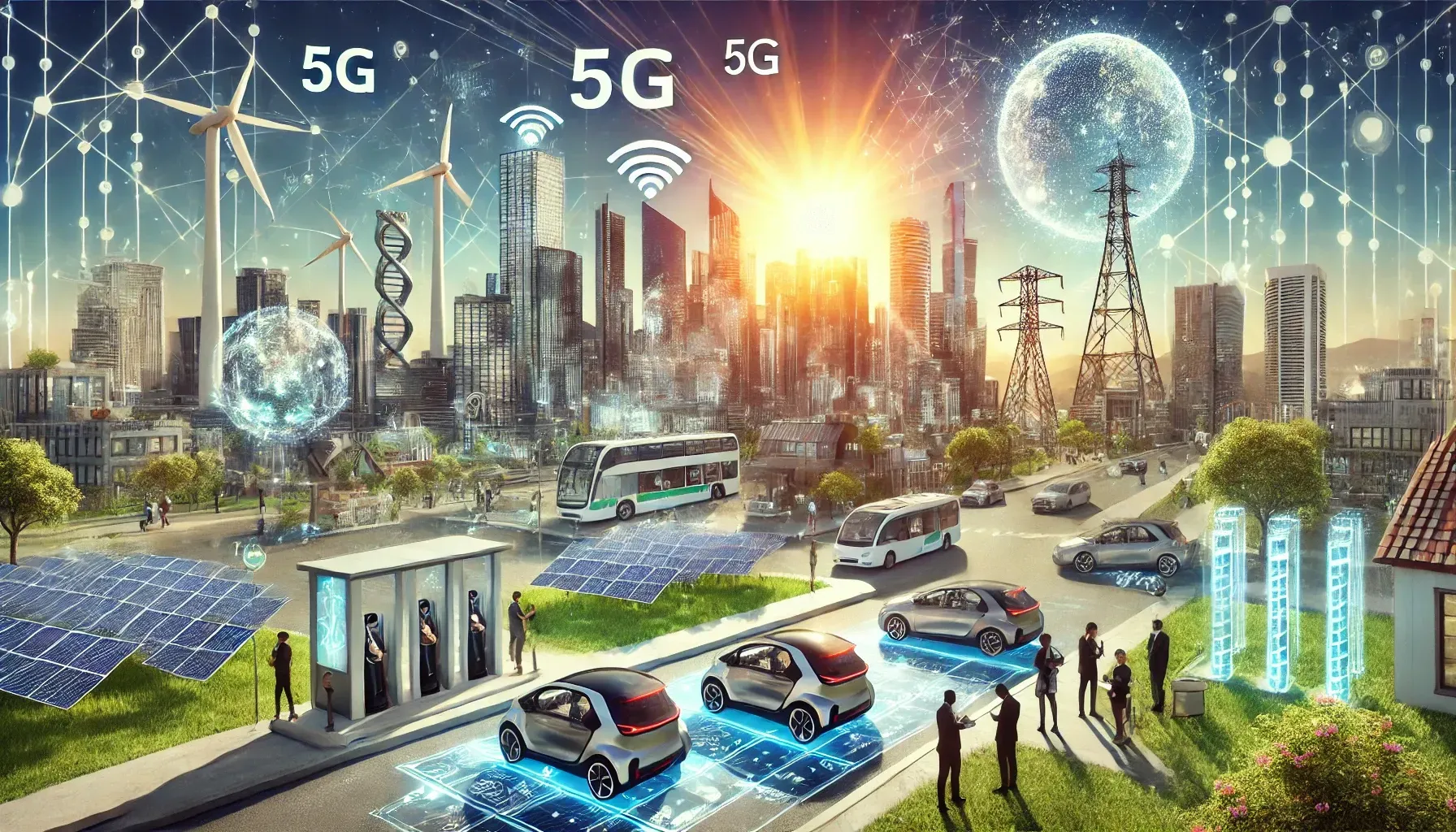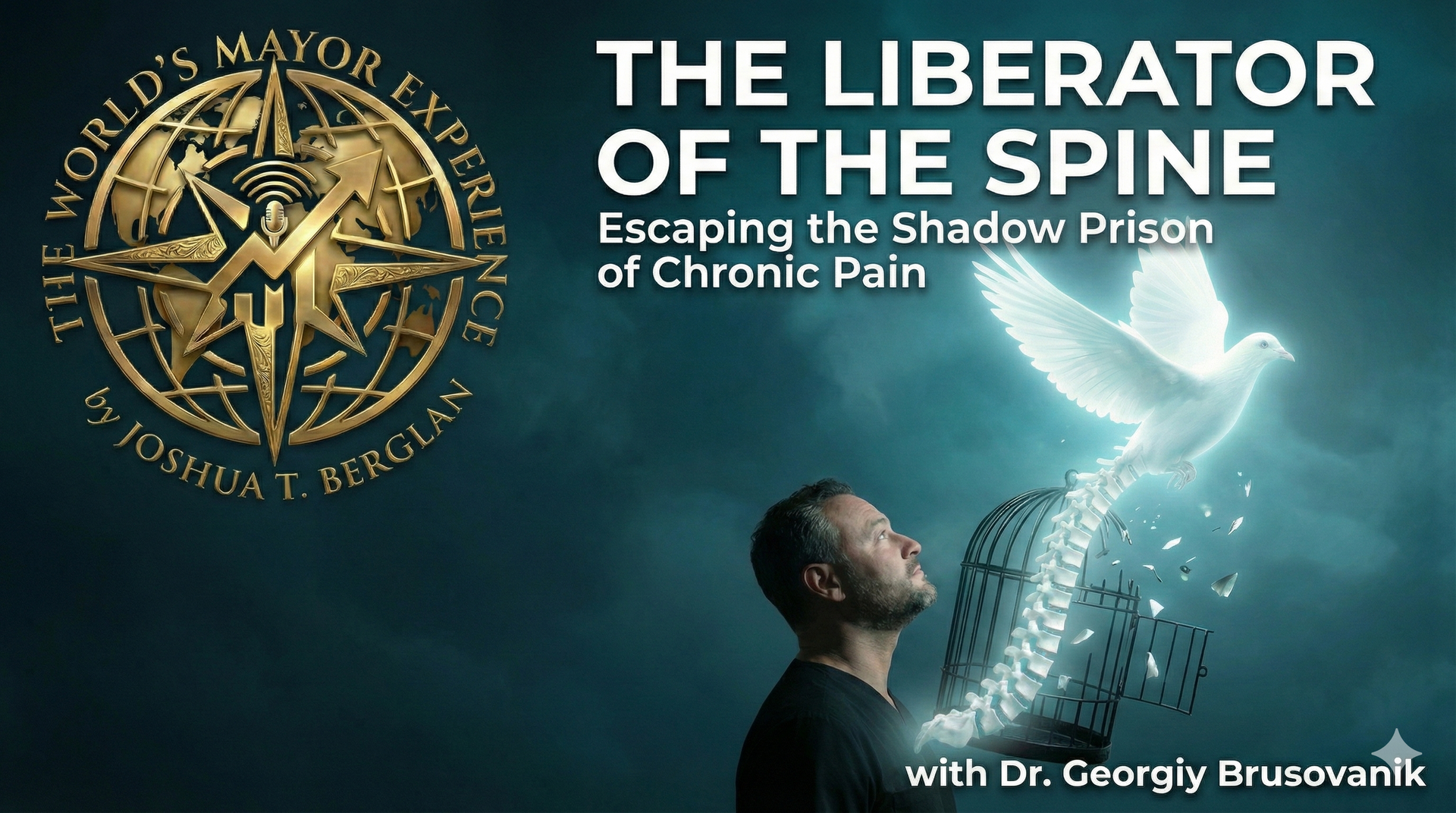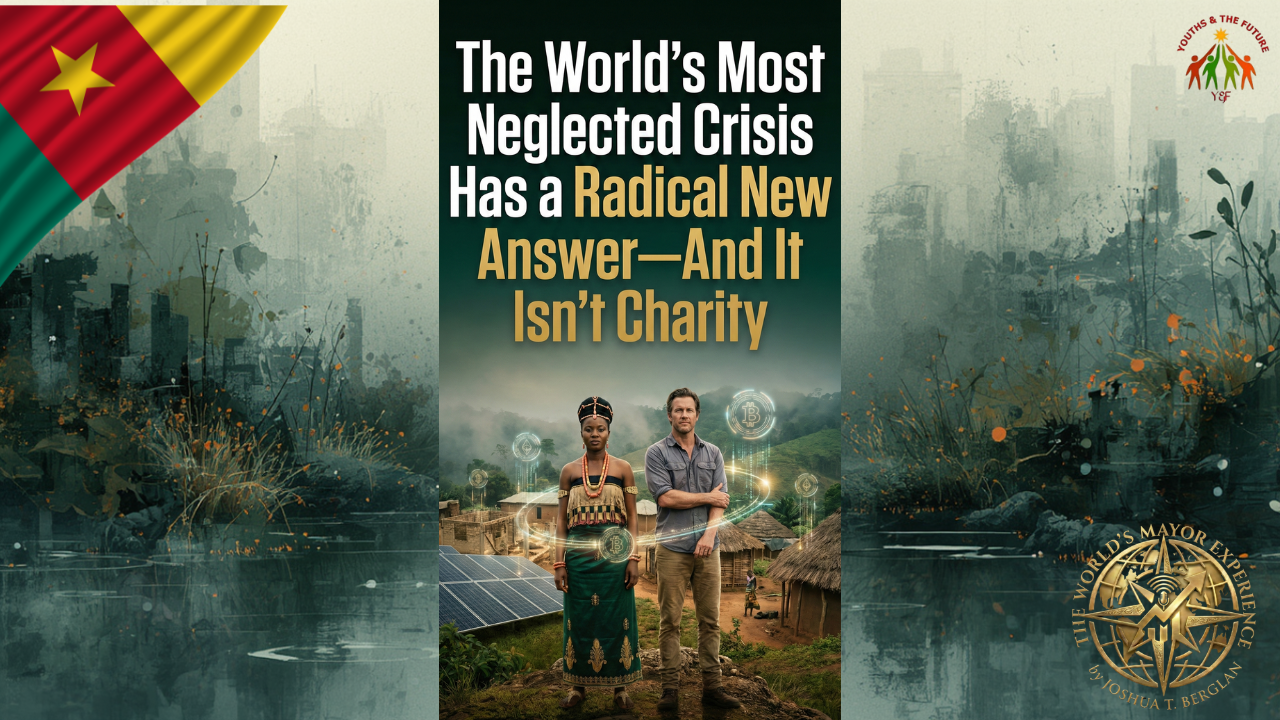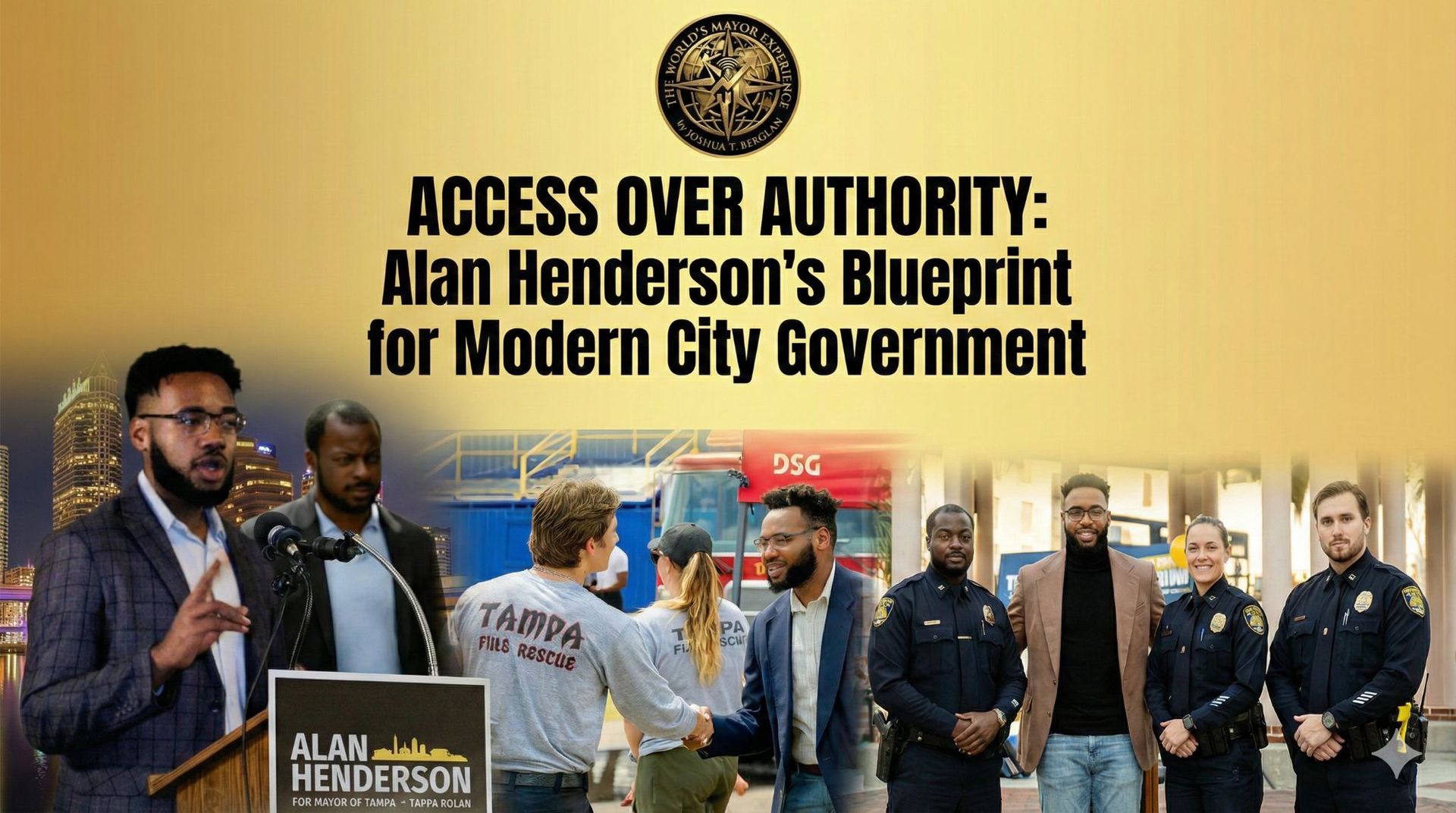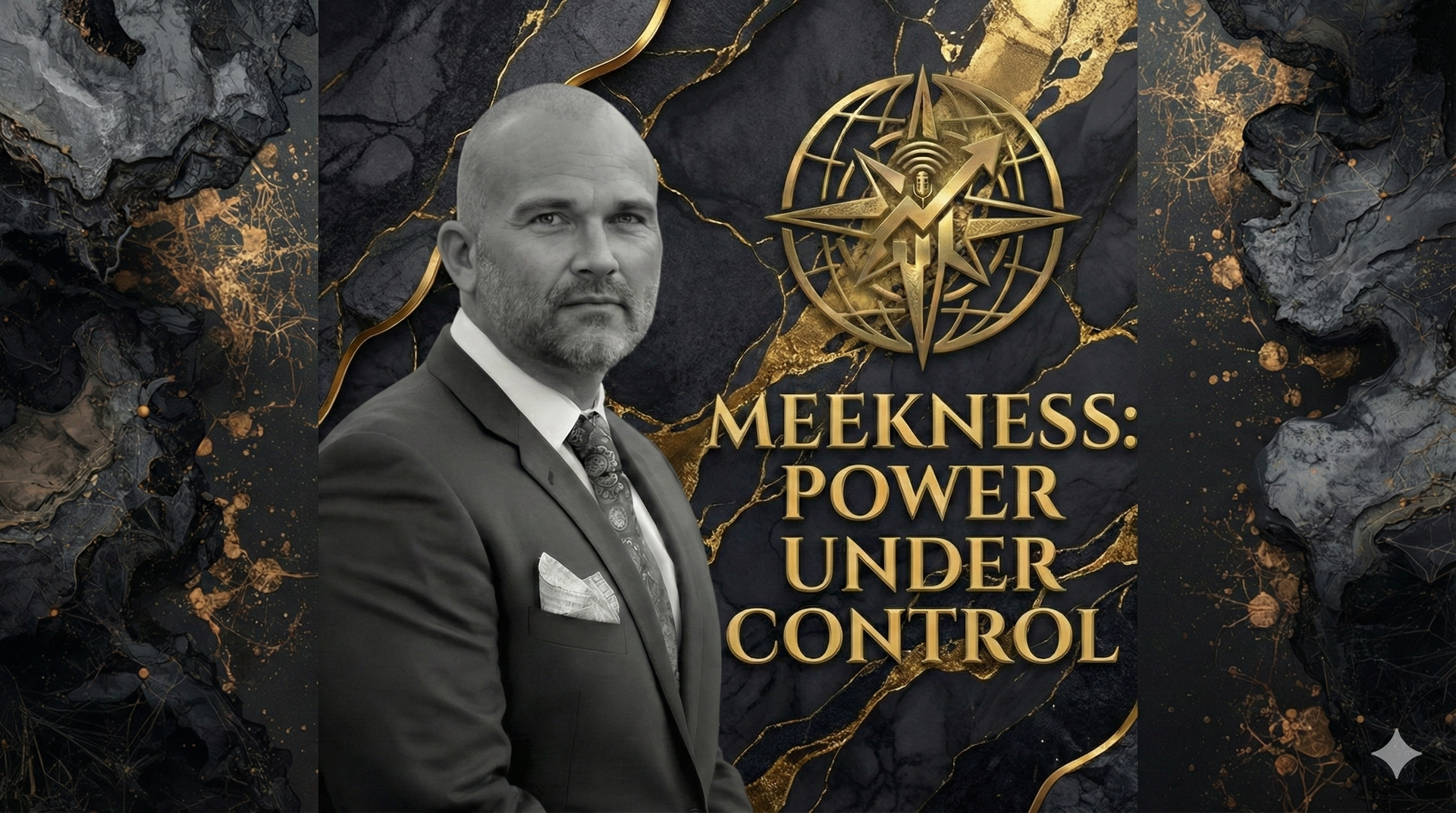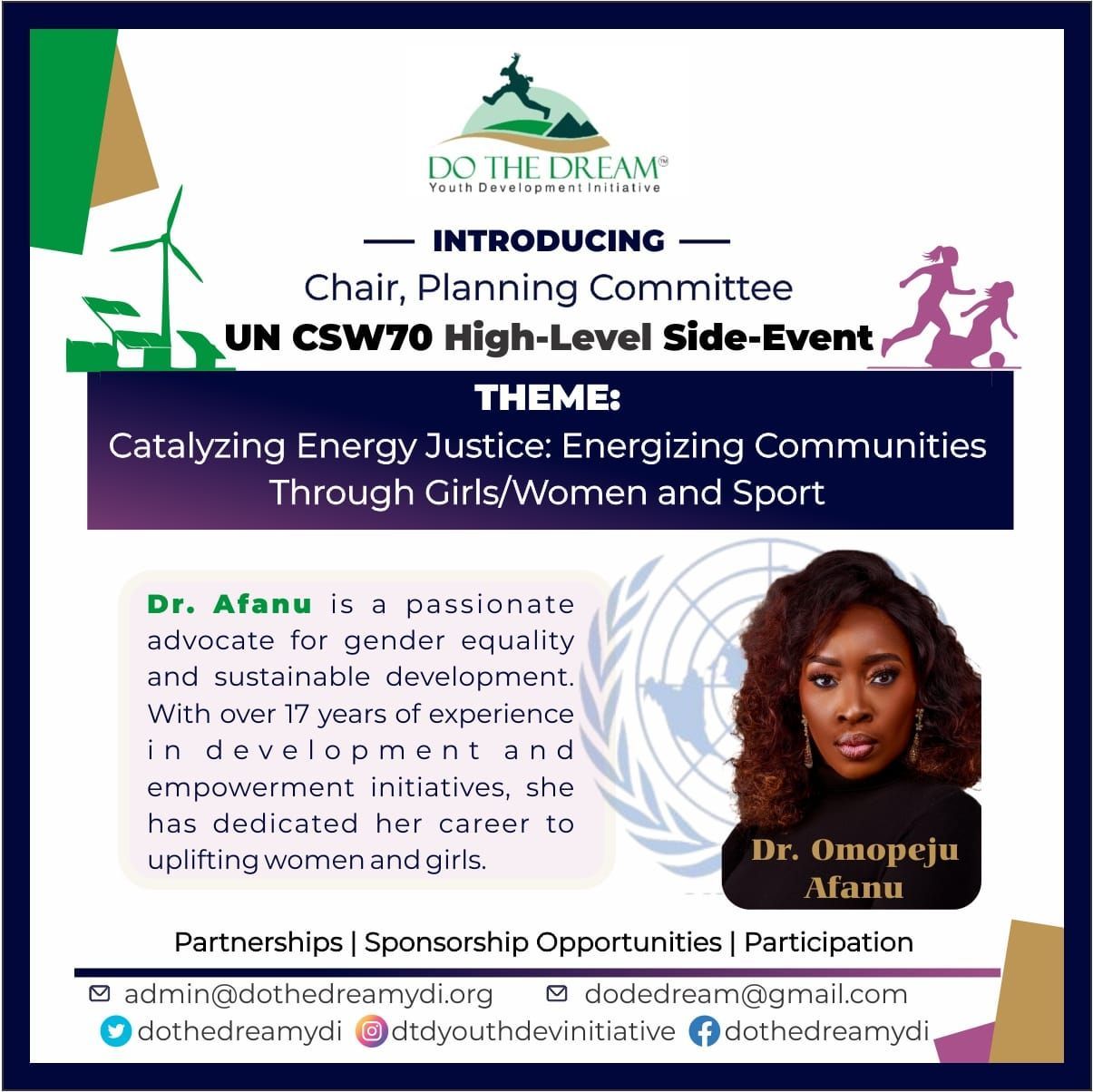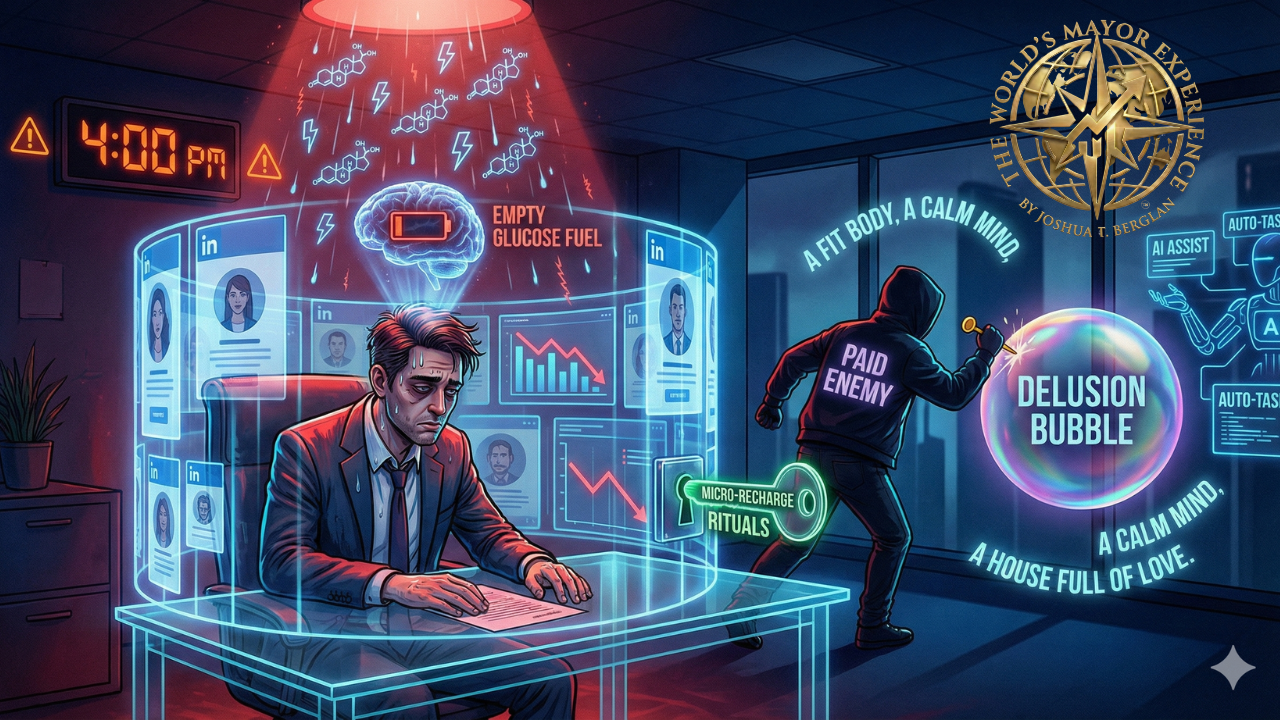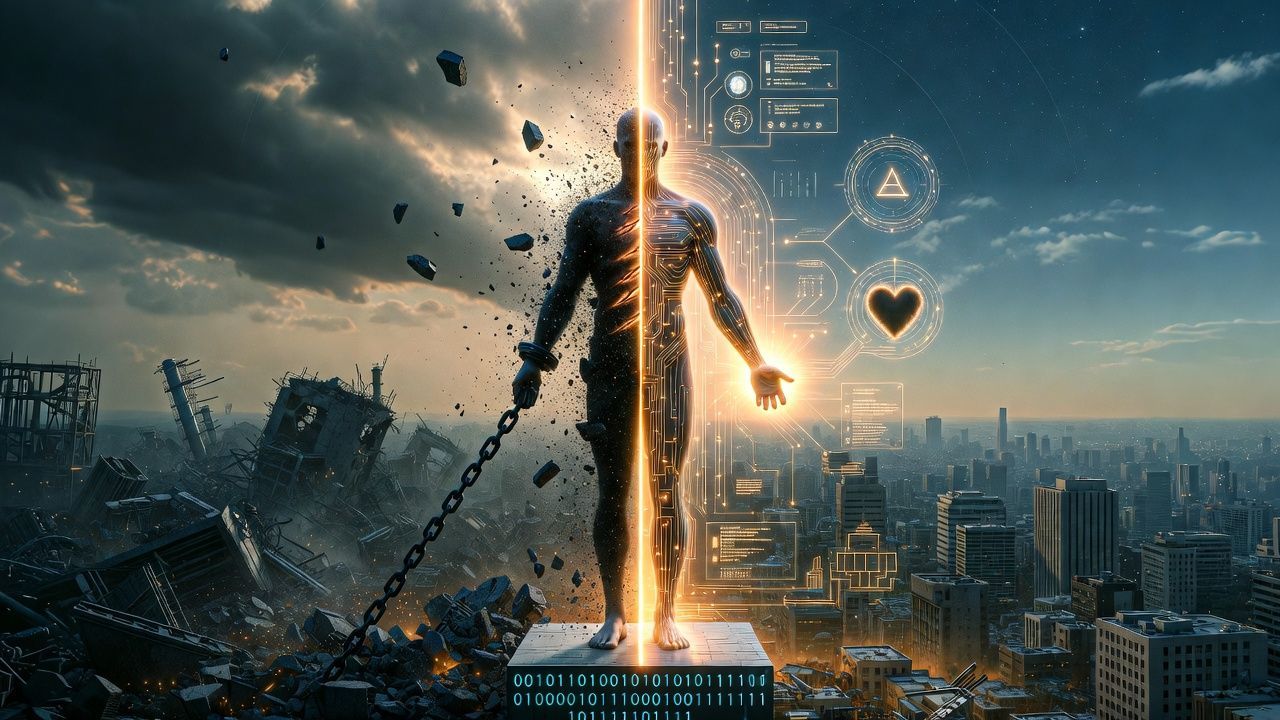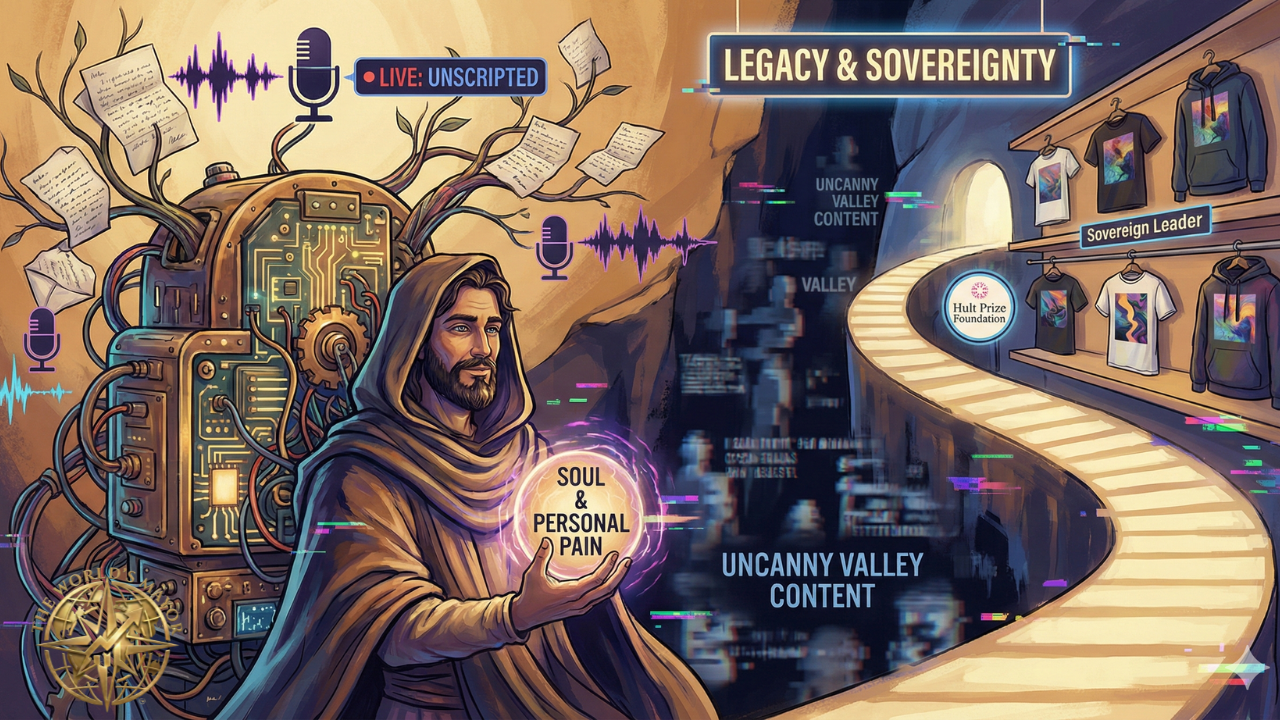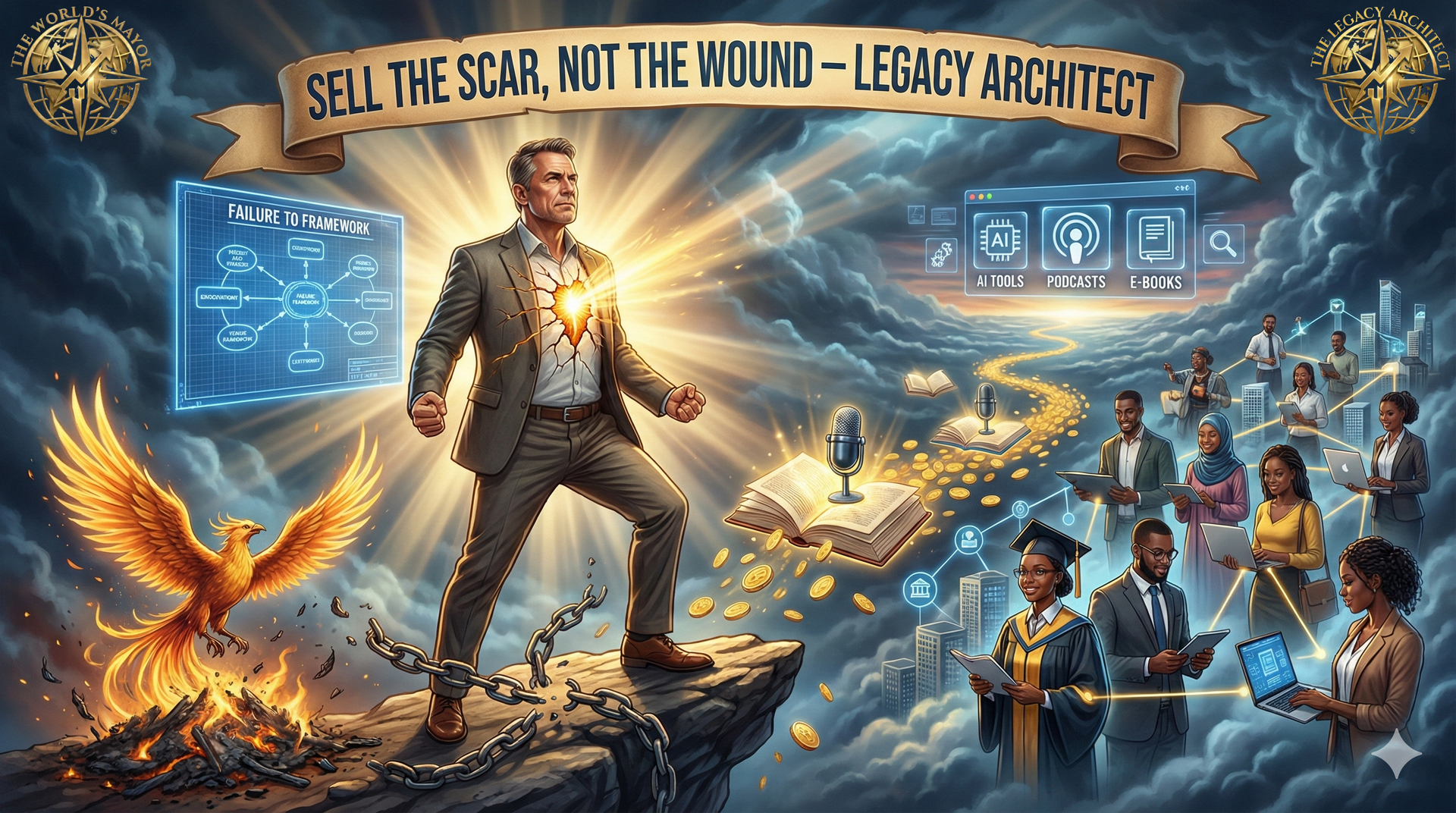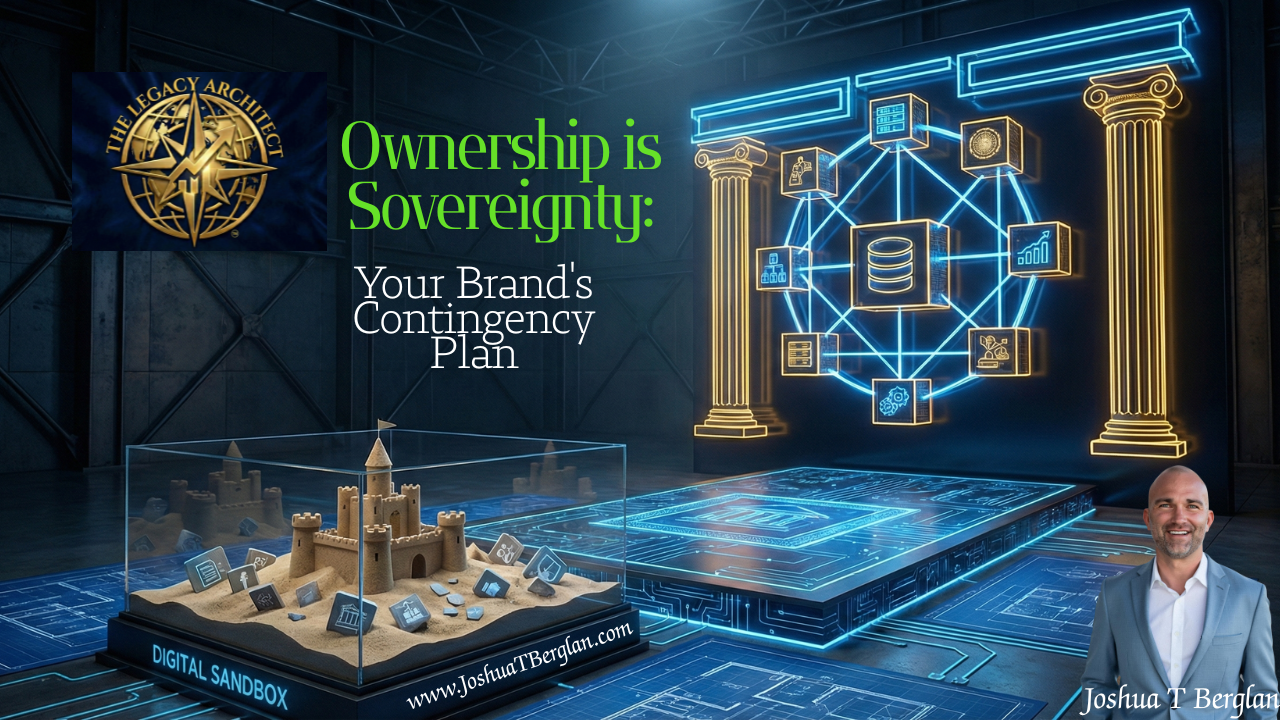Introduction
As the 21st century accelerates towards a technologically-driven and climate-conscious future, America faces a pivotal turning point. The convergence of digitalization, climate change, and economic shifts necessitates an urgent reassessment of national strategies. America 3.0
is envisioned as a comprehensive blueprint, inspired by the works of renowned economist Jeremy Rifkin and policy initiatives championed by U.S. Senator Charles Schumer. This plan offers a forward-thinking vision for how the United States can build a resilient, sustainable society for future generations.
This series, " The Future of Resilience: Building a Sustainable America," will delve into the multifaceted aspects of America 3.0. We'll explore its overarching goals, key pillars, and the critical balance between progress and the challenges it brings. Episode 1 sets the stage by providing an in-depth overview of the core concepts, addressing the pros and cons of this transformation, and preparing citizens for a world on the brink of profound change.
The Vision of America 3.0
America 3.0
represents a leap towards a new era—a "resilient society" that prioritizes sustainability, decentralization, inclusivity, and technological innovation. Rooted in the philosophy of The Third Industrial Revolution, as outlined by Jeremy Rifkin, the concept combines advancements in renewable energy, digital technology, and smart infrastructure with the social and economic policies necessary for long-term sustainability.
The ultimate goals of America 3.0
are:
- Decarbonizing the U.S. Economy: Reducing reliance on fossil fuels to mitigate climate change impacts.
- Democratizing Access to Digital Infrastructure: Ensuring all citizens can participate in the new green economy.
- Empowering Through Media Literacy: Leveraging media to educate, inform, and engage the public in sustainable practices.
Key Pillars of America 3.0
1. Decarbonizing the Economy
Renewable Energy Infrastructure
The transition to renewable energy sources is central to decarbonizing the economy. Solar, wind, and hydropower are poised to replace fossil fuels as the backbone of America's energy grid.
- Current Progress
: As of 2022, renewable energy accounted for about 20% of U.S. electricity generation
, with wind and solar being the fastest-growing sectors.
- Future Targets
: Aligning with the Paris Agreement
, the U.S. aims to reduce greenhouse gas emissions by 50-52% below 2005 levels by 2030.
- Energy Storage Advancements
: Investments in energy storage technologies
like next-gen batteries and hydrogen cells are critical to overcoming the intermittent nature of renewable energy.
Electrifying Transportation
The automotive and logistics sectors are undergoing a significant overhaul towards electrification.
2. Digital Transformation and Smart Infrastructure
Internet of Things (IoT) and Smart Cities
The integration of IoT devices and smart technologies is revolutionizing urban living.
- Smart City Initiatives
: Cities like San Diego
and Columbus
are implementing smart grids, intelligent traffic systems, and energy-efficient buildings.
- Energy Efficiency
: Smart buildings can reduce energy consumption by up to 30%
, contributing significantly to sustainability goals.
5G and Digital Inclusion
Access to high-speed internet is essential for economic participation.
- Digital Divide
: Approximately 14.5 million Americans
lack access to broadband internet.
- Bridging the Gap
: Initiatives like the FCC's Emergency Broadband Benefit
aim to make internet access more affordable, while infrastructure investments focus on expanding 5G coverage nationwide.
3. Workforce Development and the Green Economy
Green Jobs Revolution
The shift to a green economy promises substantial job creation.
Future of Work and Automation
Automation and AI are reshaping the labor market.
- Job Displacement Risks
: A study by Oxford Economics
suggests that up to 20 million manufacturing jobs worldwide could be lost to robots by 2030.
- Policy Responses
: Proposals for Universal Basic Income (UBI)
and investment in STEM education
aim to cushion the impact and prepare the workforce for new types of jobs.
4. The Role of Media, Media Literacy, and Independent Media
Media as a Catalyst for Change
Media plays a crucial role in shaping public perception and driving societal change.
- Informing the Public
: Quality journalism and informative programming help citizens understand complex issues related to sustainability and technological advancements.
- Combating Misinformation
: Media literacy is essential to help individuals critically evaluate information, reducing the spread of misinformation.
Media Literacy Education
Empowering citizens with media literacy skills is vital.
- Educational Initiatives
: Organizations like Media Literacy Now
advocate for integrating media literacy into school curricula.
- Critical Thinking
: Media literacy promotes critical thinking, enabling people to make informed decisions and participate effectively in democratic processes.
Independent Media's Role
Independent media outlets contribute to a diverse and resilient information ecosystem.
- Diverse Voices
: Independent media often highlight underrepresented perspectives, fostering inclusivity.
- Innovation in Storytelling
: With the rise of digital platforms, independent creators can leverage multimedia tools to engage audiences, as discussed in Jeremy Rifkin's concept of the Collaborative Commons.
Digital Platforms and Citizen Journalism
The democratization of content creation empowers individuals to contribute to the media landscape.
- Social Media Influence
: Platforms like Twitter and YouTube allow for real-time information sharing but also require responsible use to prevent misinformation.
- Grassroots Movements
: Citizen journalism can amplify local issues and connect communities, supporting the goals of America 3.0
by promoting transparency and civic engagement.
Pros and Cons of America 3.0
Pros
- Environmental Impact
- Economic Growth
- Innovation Boost
: Investment in green technologies can spur innovation, leading to economic growth and new industries.
- Global Competitiveness
: By leading in sustainable practices, the U.S. can maintain a competitive edge in the global market.
- Inclusivity and Social Equity
- Job Creation
: The green economy can create jobs across various skill levels, potentially reducing unemployment.
- Access to Information
: Improved digital infrastructure ensures that more people can access educational and economic opportunities.
Cons
- Cost and Implementation
- Financial Burden
: The estimated $3 trillion investment poses significant fiscal challenges.
- Infrastructure Overhaul
: Upgrading infrastructure requires time, coordination, and may face political resistance.
- Job Displacement
- Economic Disruption
: Workers in traditional industries may face unemployment without adequate retraining programs.
- Social Impact
: Communities reliant on fossil fuel industries could experience economic decline.
- Media Challenges
- Misinformation Spread
: The digital age facilitates rapid dissemination of false information, which can hinder progress.
- Digital Divide
: Without careful planning, increased reliance on digital platforms may exacerbate inequalities in access to technology and information.
Conclusion: Preparing for a Resilient Future
The transition to America 3.0
represents a monumental shift in American society, economy, and culture. The integration of renewable energy, advanced digital infrastructure, and an empowered media landscape holds the promise of a sustainable and equitable future. However, realizing this vision requires collective effort, substantial investment, and proactive policy measures.
In the upcoming episodes of this series, we will delve deeper into each pillar of America 3.0. We'll examine global case studies, such as Germany's Energiewende
(energy transition) and China's advancements in renewable energy, to glean lessons applicable to the American context.
We will also explore the indispensable role of media in this transformation. From fostering media literacy to supporting independent journalism, media platforms can serve as catalysts for change, ensuring that the public is informed, engaged, and equipped to participate in shaping the nation's future.
The challenges are significant, but the potential benefits of America 3.0
—a resilient, sustainable, and inclusive society—make the endeavor not only worthwhile but necessary. As we stand at this crossroads, it's imperative that policymakers, business leaders, media professionals, and citizens collaborate to navigate the complexities ahead.







